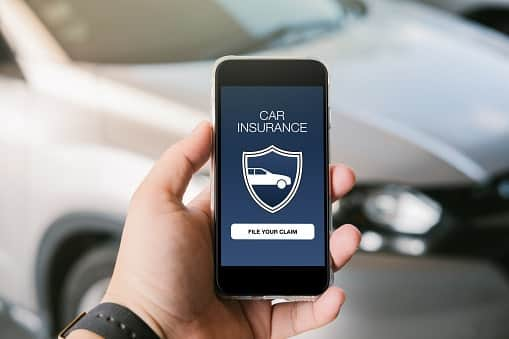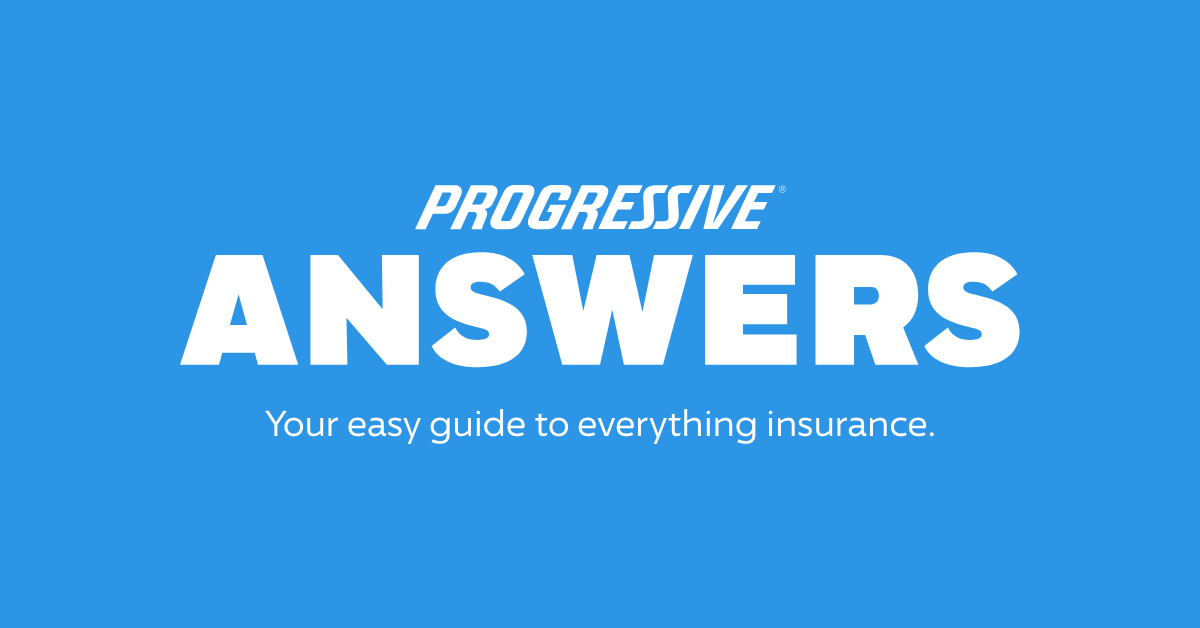Car insurance is mandatory for drivers all across the United States except those in New Hampshire. There, the state will allow drivers to forego insurance.
Car insurance is mandatory for drivers all across the United States except those in New Hampshire. There, the state will allow drivers to forego insurance, provided they can show financial responsibility and can afford to pay for an accident if they are liable.
Purchasing a policy is certainly not inexpensive, so why do you need car insurance? The right car insurance policy can save you a lot of money and headaches in the event of an accident. Even if you don't own a vehicle, you might want to consider a non-owner policy. This policy would allow you to drive on vacations, when you might rent a vehicle, and could potentially cause damage to another vehicle in an accident, and it could help keep your future rates from increasing. Having a non-owner policy means you won't have a lapse in coverage.
The Zebra reminds us that liability is one of the main reasons car insurance is mandatory. When you are responsible for injuring another person, you need to pay for any damages you caused. That is why 49 states require you to carry bodily injury and property damage insurance. This liability insurance coverage will provide some financial relief for victims in an accident that you caused. While you may only be required to carry your state's minimum coverage, you will need to carry coverage for damage to your own vehicle if you have a loan or are on a lease program.
This important coverage, The balance points out, includes collision and comprehensive. These two first-party coverages pay for damage to your vehicle, regardless of fault. Collision will pay for damages to your vehicle in a collision, no matter whether it was with another vehicle or a stationary object, or replace your vehicle if it was totaled. Comprehensive coverage pays for your vehicle damage that is not accident-related. For example, it may cover weather damage, vandalism, theft, animal contact, etc. Both comprehensive and collision have a deductible that you must meet.
The best car insurance policies include vehicle repairs and replacements, reimbursement for damages to the other party or parties from an accident you cause, GAP coverage, auto rental while your car is being repaired, and roadside a-sistance. Once you report the claim to your insurance company, your representative should be there managing the process and helping answer any questions you have. Shopping around will help you find a policy that pays for medical expenses that your health insurance may deny. You may even find a policy that covers dental work.






















